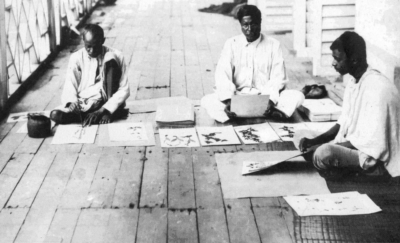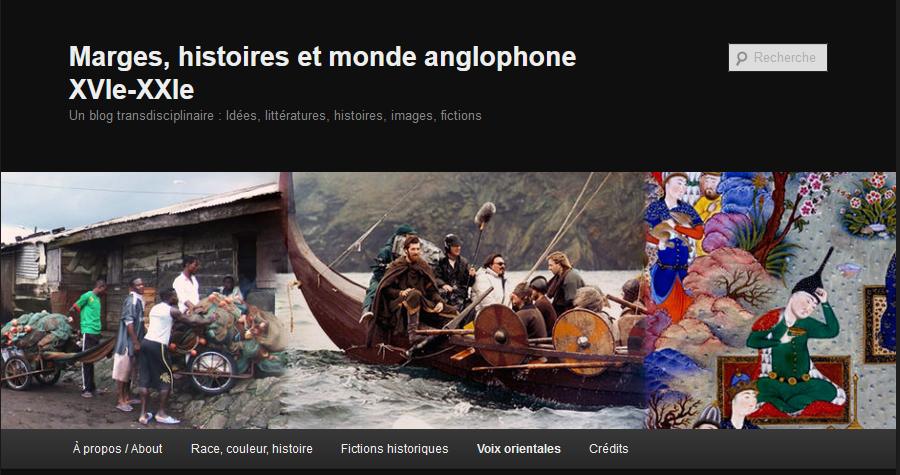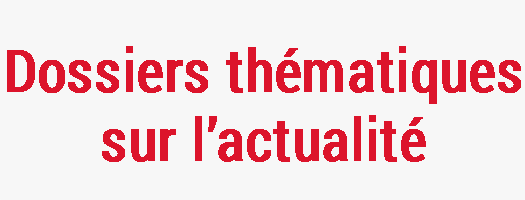Botanical things are commonly used as gifts: ornamental plants can easily be turned into presents, terrariums in glass bottles have become fashionable objects to bring to a birthday party, and offering cut flowers remains a codified way of expressing various feelings ranging from compassion to love. In a much more mundane way, the colonial officers who ran imperial botanic gardens in the 19th century commonly used plants and plant-derived products as gifts in their daily professional activity. The small-scale gift economy on which the naturalist community relied, however, contrasted sharply with the large-scale production of plant commodities (tea, opium, cinchona, etc.) meant to be sold at a good price on the global market, an entreprise to which botanical gardens were expected to contribute. By examining the circulation of botanical objects produced by colonial gardens, one can explore the ambiguous status of the plants and plant-derived products that were offered, exchanged and sold within colonial networks of trade and science in the late 19th century.

Read the blog : https://mhma.hypotheses.org/900
What is an “Oriental Gift”, as distinguished from a simple object or commodity produced or consumed in an Eastern context?
The new blog tackles the question of terminology and definitions, and more broadly the issue of the cultural commensurability of gifting performances across Eurasia.
This research blog (margins, history in the English-speaking world 16th-21st c ) is the digital working space of the research group « Ecrire l’histoire depuis les marges-Université de Paris» in UMR LARCA 8225 http://www.larca.univ-paris-diderot.fr/themes/ehdm/article/ehdm. It is the heir of the hdlm research blog https://hdlm.hypotheses.org/ (which was associated with an ANR IDEX USPC 2013-2016).
The new blog gathers historians, visual studies specialists, and literary scholars in a resolutely interdisciplinary fashion. They study English-speaking countries in relation with other cultural areas and worlds. The three sections « Race, colour, history », « Historical Fiction » and « Oriental Voices » gather 13 Université de Paris researchers



